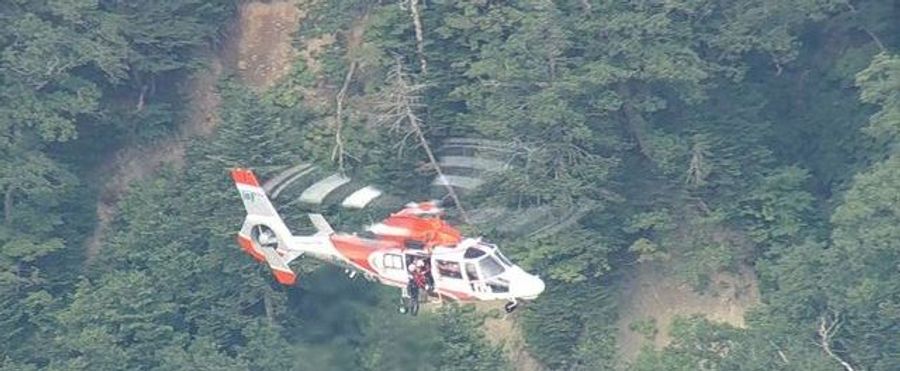The incident that recently transpired in Rausu Dake, Japan, involves a bear purportedly being fed by individuals, an activity that both local law and conservation guidelines discourage. The suspicions arose following unusual bear behavior observed in the area. Investigations are ongoing to ascertain the details surrounding this occurrence and identify the parties involved, if any. The incident raises questions about wildlife management and the impact of human interference on animal behavior.
Bear feeding is considered illegal in Japan, as it disrupts natural animal behavior, can lead to dependency on human food, and increases the risk of human-animal conflict. The situation is especially sensitive given Japan's high regard for nature and wildlife, and such actions are seen as unethical. Moreover, the incident has sparked discussions around strengthening current wildlife management practices, enhancing public safety initiatives, and promoting respectful wildlife-human coexistence.
In countries like the US and EU, wildlife feeding is generally discouraged and, in many areas, illegal for the same reasons it is in Japan. Similar incidents would result in investigations and possibly hefty fines for responsible parties. The issue also sparks robust debates on wildlife management, public safety, and ethical considerations of human-animal interactions in these regions.

